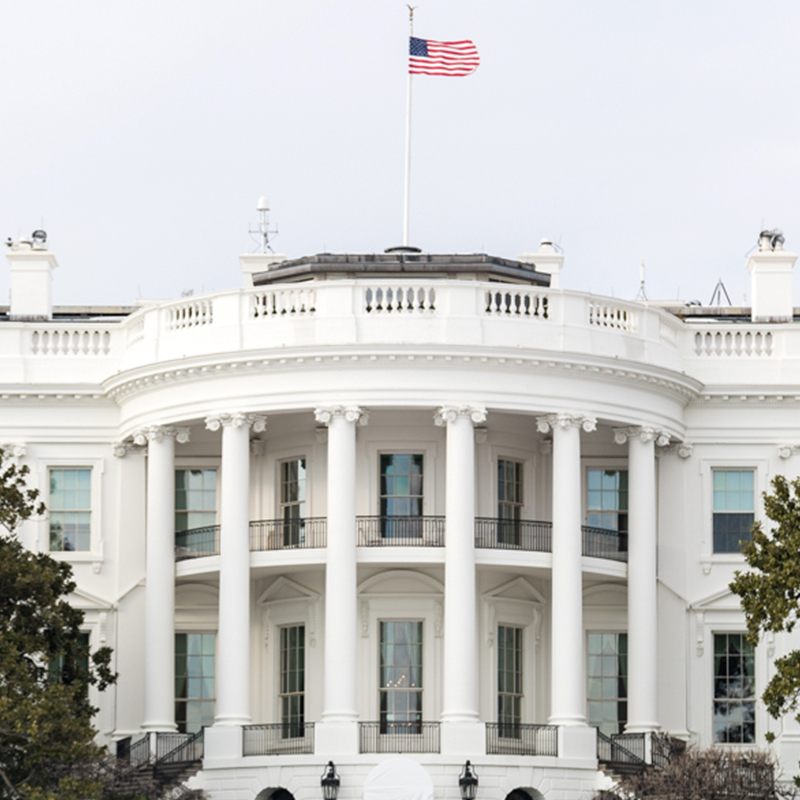Apple said it has tightened some of its rules for responding to data requests after the US Justice Department during Donald Trump’s presidency subpoenaed the company for information on rival Democratic lawmakers.
The company said it recently introduced a limit of 25 identifiers, such as email addresses or phone numbers, per legal request.
Apple said it received a Justice Department subpoena in February 2018 for information on 109 identifiers, including 73 phone numbers and 36 email addresses. It said it didn’t release content such as photos or emails to prosecutors.
It said the 6 February, 2018 request didn’t include information on who was being targeted or why, and that determining who the accounts belonged to would have required extensive research.

Data requests
The subpoena reportedly requested information on the targeted accounts from their inception up to the subpoena date.
The New York Times last week reported that federal prosecutors subpoenaed Apple and other tech companies as part of an investigation looking to identify the sources behind news media reports about contacts between Trump’s associates and Russia.
The probe reportedly collected data on at least two Democrats on the House of Representatives Intelligence Committee, as well as aides and their families, including one minor.
Apple said it supplied prosecutors with metadata and account subscriber information. It was prevented by informing those involved by a nondisclosure order.
The gag order was renewed three times, but Apple said it informed those affected on 5 May 2021 after the order was not renewed for a fourth time.
Secrecy
“The subpoena, which was issued by a federal grand jury and included a nondisclosure order signed by a federal magistrate judge, provided no information on the nature of the investigation and it would have been virtually impossible for Apple to understand the intent of the desired information without digging through users’ accounts,” the company said in a statement late on Friday.
Microsoft said on Friday that it received a similar subpoena in 2017 related to a congressional staff member’s personal email account.
A gag order on the matter expired after more than two years, after which Microsoft informed the account holder of the subpoena. The person then notified Microsoft of their status as a congressional staff member, Microsoft said.
“We then provided a briefing to the representative’s staff following that notice,” the company said.
It said it would support reform that imposes “reasonable limits” on government secrecy in such cases.





